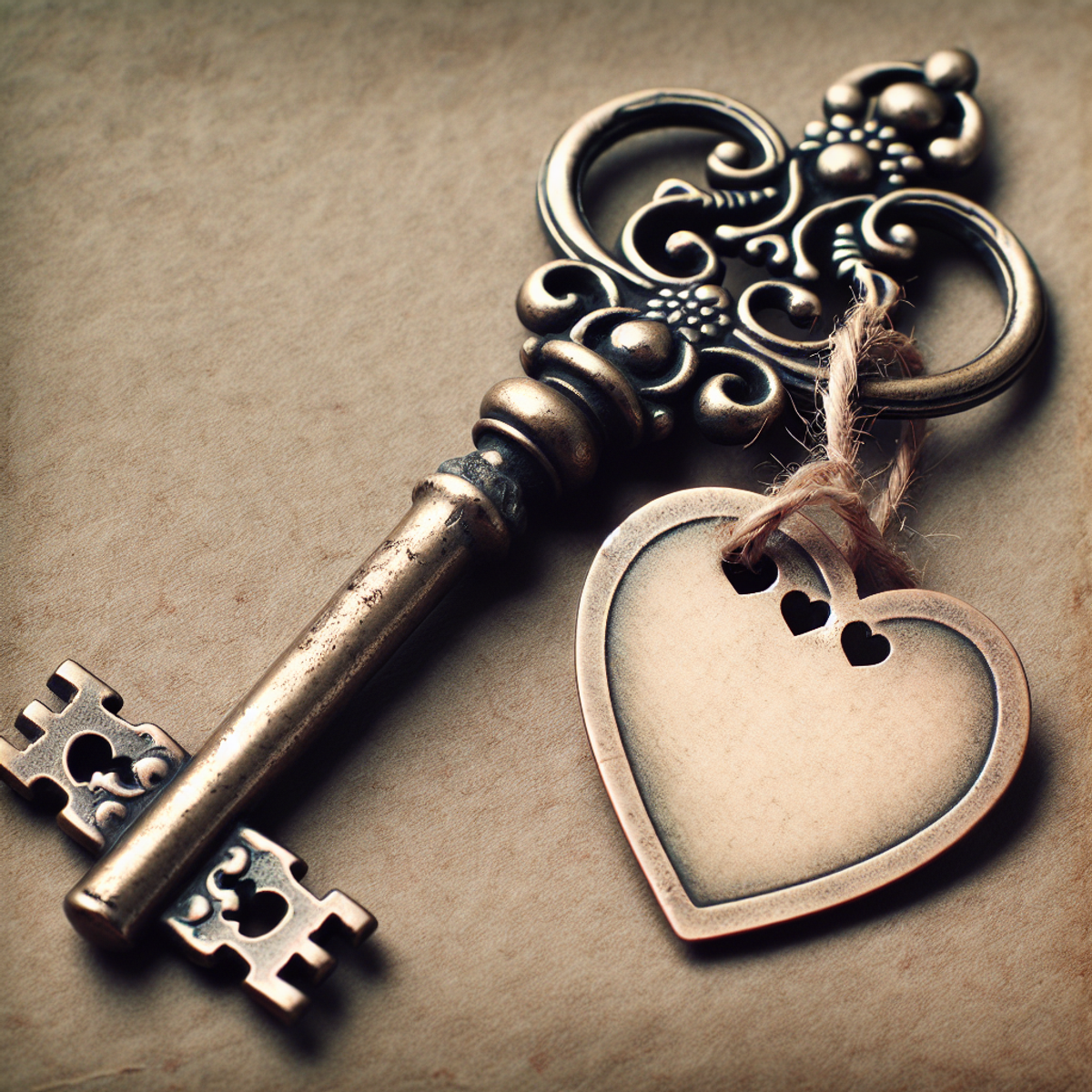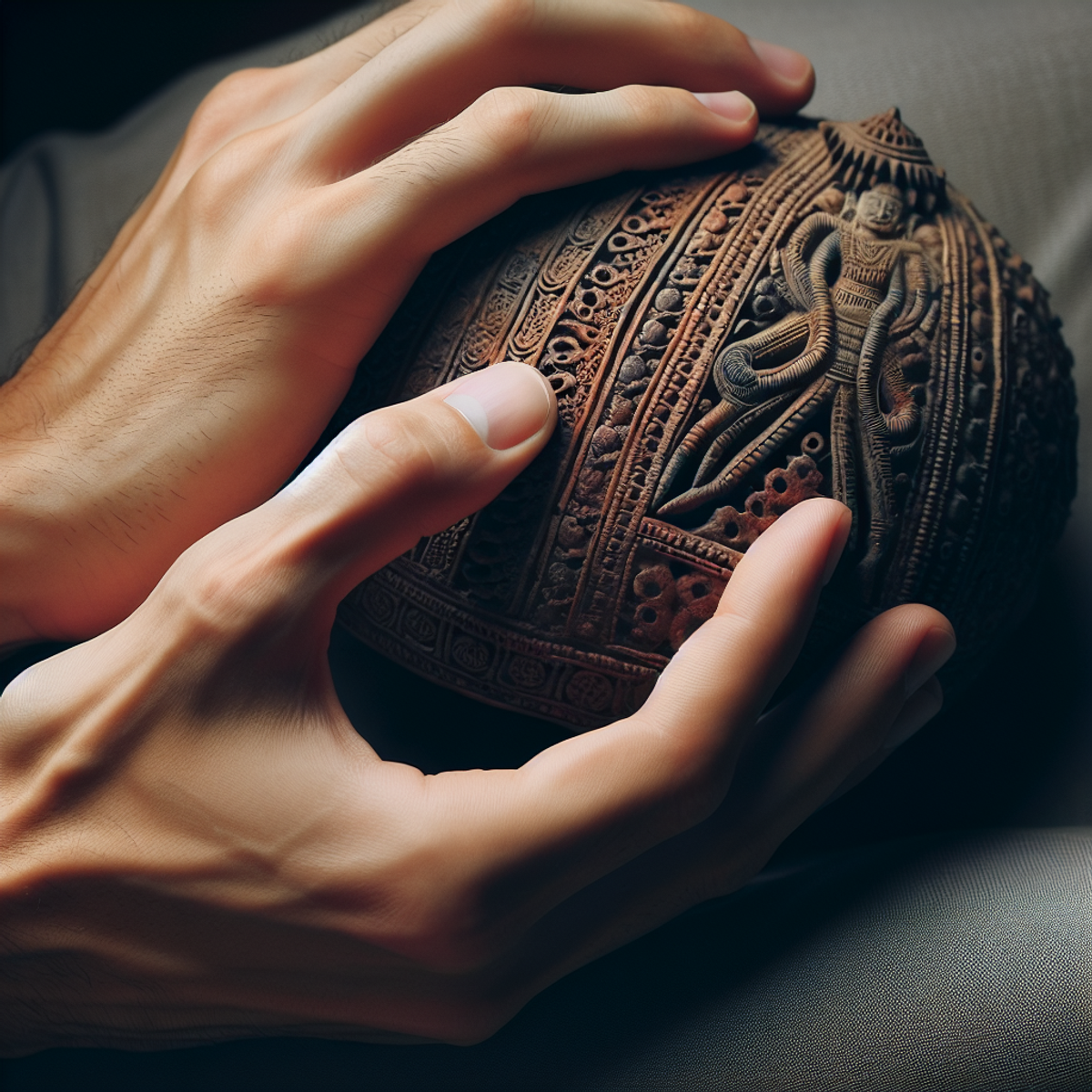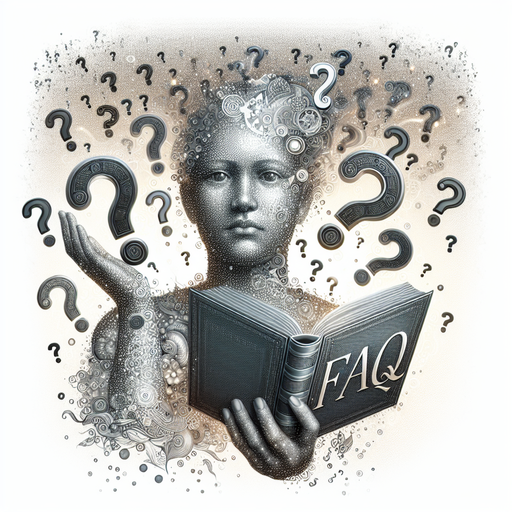10 Tips To Valuing Antiques with Des Moines Antique Appraisers

Introduction
When it comes to Valuing Antiques in Des Moines Iowa, understanding the worth of your cherished possessions is both an art and a science. Antique valuation isn’t just about slapping a price tag on an old item; it’s about uncovering the story and significance behind each piece, which often requires the discerning eye of professional Des Moines Antique Appraisers.
Residents of Des Moines take pride in their historical treasures, and rightly so, as each antique holds a mirror to the past and can be a substantial financial asset.
At Prestige Estate Services, we specialize in Antique Appraisals and understand that there’s more to antiques than what meets the eye. Our team of expert Personal Property Appraisers is adept at determining the true value of your antiques, taking into account their historical context, craftsmanship, and market demand.
We encourage Des Moines collectors and enthusiasts alike to gain insight into the valuation process.
- Learning how to value your own antiques can be incredibly rewarding.
- Not only does it deepen your appreciation for your items.
- But it also equips you with knowledge that can benefit future acquisitions or sales.
To guide you through this nuanced process, we’re here to share our expertise and ensure that when it comes time for an official appraisal, you’ll have confidence in the accuracy and professionalism that our services provide.
Understanding the Value of Antiques
When you’re interested in determining the worth of your antiques, it’s important to understand what contributes to their value. Antiques have both tangible and intangible elements that impact their overall worth, including both their monetary value and sentimental importance.
Monetary Worth of Antiques
The monetary worth of an antique refers to how much money it could potentially be sold for. This is the aspect that collectors, dealers, and auction houses are most interested in. The monetary worth of an antique is often measurable and influenced by factors such as market demand.
 Sentimental Worth of Antiques
Sentimental Worth of Antiques
On the other hand, sentimental worth is more personal and subjective. It’s about the emotional value that an antique holds for an individual, such as family heirlooms or items with special connections. While these antiques may not have a high price on the market, they can still be incredibly valuable to the people who own them.
Several factors come into play when determining the value of an antique:
- Condition: The condition of an antique is crucial. Items that are in excellent condition without any damage or repairs tend to fetch higher prices than those that show signs of wear or have been restored.
- Rarity: Antiques that are rare or unique grab attention. If a piece stands out because there were only a few made or because it’s from a time period with limited surviving examples, its desirability and value can increase significantly.
- Provenance: The history of an item can make it more appealing. Knowing its ownership history, especially if it’s connected to famous people or events, can give an antique added prestige and raise its market value.
All these aspects come together to create a complete understanding of an antique’s value, showing how desirable it is in the market. For collectors and enthusiasts in Des Moines, having this knowledge not only helps them appreciate their collections but also ensures they’re well-informed when buying or selling antiques.
As we move forward and explore the methods for identifying and researching antiques in the next section, keep in mind that each piece has its own story to tell. It’s a tale woven through time, reflecting both personal journeys and historical significance.
Researching and Identifying Antiques
For the untrained eye, distinguishing between an antique and an ordinary, albeit old, object can be challenging. The process of researching and identifying antiques is a learned skill that can significantly impact the value of your items. Here are some tips to guide you through this intricate process.
 Leverage Online Resources
Leverage Online Resources
The internet is a treasure trove of information when it comes to antiques. Various websites offer databases and forums where collectors and Des Moines antique appraisers share their knowledge.
- Use search engines: Detailed descriptions of your item can lead you to similar pieces, providing insights into potential value.
- Visit auction sites: Auction catalogs often provide details about similar items, including their sale prices.
- Explore online forums: Specific forums or social media groups dedicated to antiques can give you the opportunity to interact with knowledgeable individuals in the field.
Utilize Offline Sources
While online resources are invaluable, they shouldn’t replace traditional methods. Libraries and museums offer a wealth of information that can assist in identifying your antiques.
- Visit libraries: Books on antiques provide detailed descriptions and high-quality images of various styles, periods, and makers.
- Explore museums: Seeing similar items firsthand provides a unique perspective on quality and craftsmanship that photos may not capture.
Identify Styles, Periods, and Makers
Understanding the style, period, and maker of your piece plays a crucial role in determining its value.
- Recognize styles: Familiarize yourself with different decorative styles such as Victorian, Art Deco, or Mid-Century Modern.
- Understand periods: Knowledge of historical periods helps identify an item’s age. For instance, Georgian furniture (1714 – 1837) has specific characteristics distinct from Victorian era (1837 – 1901).
- Identify makers: Maker’s marks or signatures can drastically increase an item’s value. Research common markings, or consult a specialist if you believe your item may have such a mark.
Using these techniques will empower you to make informed decisions about your antiques. As with any skill, practice makes perfect, and over time you’ll become adept at identifying the potential value of an item. Remember, while self-research can provide a good starting point, professional Des Moines antique appraisers offer invaluable expertise in accurately determining an item’s worth.
The Role of Professional Appraisal Services in Des Moines
Des Moines Antique Market: A Unique Landscape
The antique market is a rich and fascinating landscape, replete with hidden treasures and historical gems. This holds particularly true for Des Moines, a city with a vibrant history reflected in its diverse array of antiques. Des Moines’ Antique Market, therefore, has its own unique set of characteristics that require local expertise for accurate valuations.
Understanding the intricacies of this specific market is vital. Factors such as historical significance tied to certain eras or styles, regional variations in craftsmanship, or even the demand for specific types of antiques within the local community can significantly influence an item’s worth.
Why Local Expertise Matters
Engaging Professional Appraisal Services that have a deep understanding of these nuances is crucial. As Des Moines Antique Appraisers, we at Prestige Estate Services are equipped with the necessary knowledge and experience to navigate this complex terrain.
Our appraisers are not only skilled in determining an antique’s physical condition, but they also have a keen understanding of its historical context and how it fits within the broader Des Moines antique market. This ensures that our clients receive accurate valuations that truly reflect their items’ worth in this specific locale.
Benefits of Engaging Reputable Des Moines Antique Appraisers
Working with us offers several benefits:
- In-depth Knowledge: We’re continually monitoring regional trends and staying updated on changes in the local market. This allows us to provide up-to-date valuations based on current market dynamics.
- Thorough Evaluations: Our appraisers conduct comprehensive inspections to assess every aspect of an antique’s condition, from visible wear and tear to more subtle signs of aging or damage.
- Comprehensive Reports: Our detailed reports include photographs, descriptions, and researched values, providing our clients with a complete picture of their antiques’ value.
- Expert Guidance: We’re here to guide our clients through every step of the appraisal process, answering any questions and providing insights into how we determine our valuations.
The complex nature of antique valuation calls for expertise that understands not just the item itself, but the market in which it resides. Engaging Professional Appraisal Services gives you access to this expertise, ensuring accurate valuations that truly reflect your antiques’ worth in Des Moines.
The Comprehensive Appraisal Process at Prestige Estate Services
At Prestige Estate Services, we pride ourselves on our meticulous Comprehensive Appraisal Process, a cornerstone of our Des Moines Antique Appraisers’ approach to valuing your cherished possessions. This rigorous process begins with the Initial Assessment and Inspection of Antiques.
 Hands-On Examination
Hands-On Examination
A hands-on examination is vital for accurately assessing both the condition and authenticity of any antique. Our seasoned experts meticulously examine each item, scrutinizing every nuance from wear patterns to construction techniques. This physical inspection allows us to:
- Detect restorations or alterations that might affect value
- Identify hallmarks, signatures, and other maker’s marks
- Understand the methods and materials used in creation
This tactile analysis often reveals subtleties that are not visible in photographs or descriptions alone.
Documenting Details
During the inspection, it’s crucial to document every detail:
- Take Detailed Notes: We record observations on material condition, dimensions, any inscriptions or markings, and stylistic elements.
- Photographic Evidence: High-resolution photographs from multiple angles capture the antique’s condition and notable features. This visual documentation supports our findings and provides a clear record for future reference.
Taking Photographs
Photography during the inspection process is not just about snapping a few pictures; it’s an art form in itself that captures the essence of each antique. We ensure:
- High-Quality Images: Using professional-grade cameras to capture the true color and fine details
- Consistent Lighting: To avoid shadows or color distortion that could misrepresent the item
- Comprehensive Coverage: Photographs include close-ups of important marks or damage and wide shots to show scale and proportion
A thorough initial assessment lays a solid foundation for a well-researched and justified appraisal. It’s a blend of science, with its attention to detail and methodical approach, and art, as it requires an understanding of historical context and aesthetic significance.
2. Conducting Market Analysis and Utilizing Comparative Sales Data
At Prestige Estate Services, we go beyond the initial assessment and inspection of antiques in our antique appraisal process. An important part of our approach is conducting a thorough market analysis and using comparative sales data.
How We Determine the Value
To determine the fair market value of your antiques, we delve into recent sales data. This is where our expertise as Des Moines Antique Appraisers comes into play. We have access to extensive databases, auction house records, and private sales information that help us gather relevant data about similar items that have recently been sold.
Factors We Consider in Our Market Analysis
During our market analysis, we take into account various factors such as:
- The selling price of comparable items
- Where those sales occurred (auction, private sale, online, etc.)
- When the transaction took place
- The condition and provenance of the sold items
This data serves two purposes: it helps us understand the current demand for similar antiques, and it also provides a benchmark against which we can assess your items’ potential market value.
How We Interpret Comparative Sales Data
Interpreting comparative sales data requires both skill and experience. Since each antique is unique, direct comparisons can be challenging. Here’s how we tackle this:
- Identifying Comparable Items: Our team excels at finding similar antiques that have been recently sold and match your item’s style, period, maker, and overall condition.
- Analyzing Sales Trends: We closely examine whether prices for these types of items are going up or down in the market.
- Understanding Regional Preferences: As specialist Des Moines Antique Appraisers, we understand how local tastes can impact an antique’s value.
By combining this detailed market analysis with a thorough inspection of your antiques, we provide an accurate estimation of their fair market value. And this is just the second step in our comprehensive appraisal process. The journey towards a detailed antique valuation continues as we move on to compiling our findings into a final appraisal report.
3. Creating the Final Appraisal Report with Written Valuations
At Prestige Estate Services, our comprehensive appraisal process culminates in the creation of a meticulously detailed Final Appraisal Report. This report not only signifies the culmination of our rigorous evaluation but also serves as a valuable document for our clients, reflecting the true worth of their Des Moines antiques.
Here are the critical elements that constitute our appraisal report:
1. Detailed Descriptions
Each item is described with precision, encompassing its historical context, style, materials, and any unique features. We delve into the narrative of each piece, ensuring we capture its essence and character.
2. Supporting Photographs
Visual evidence is paramount. We include high-resolution photographs that showcase the item from various angles, highlighting identifying marks and condition. Images are an indispensable part of the story each antique tells.
3. Condition Reports
We assess and articulate the item’s state, noting any restorations or damages that could impact its value. Our specialists meticulously document every aspect to ensure transparency and clarity.
4. Authenticity Verification
Confirming authenticity is at the heart of our initial assessment and inspection of antiques; this is reflected in the final report as a testament to the item’s genuineness.
5. Valuation Justification
Our written valuation is more than just a figure; it’s backed by comprehensive market analysis and comparative sales data to justify our conclusions. It reflects a balanced view of regional trends and broader market insights.
6. Expertise-Driven Accuracy
Prestige Estate Services prides itself on accuracy derived from extensive research and unparalleled expertise in appraising Des Moines antiques. Our reputation hinges on the trust clients place in our valuations.
With these components, each Final Appraisal Report we produce stands as a testament to our commitment to excellence in antique appraisal services. Clients can rest assured knowing they have a robust document that provides them with an accurate valuation of their treasured possessions.
10 Expert Tips to Help You Value Your Des Moines Antiques
Valuing antiques is an art form in itself, and for enthusiasts in Des Moines, these expert tips will guide you through the valuation process with confidence and precision.
1. Research Similar Items and Perform Comparative Analysis
Dig into the world of antique valuation by researching similar items online. Look for antiques that closely resemble yours and take note of their sale prices. This comparison isn’t just about numbers; it’s also about condition. A piece identical to yours but in superior condition may fetch a higher price, which underscores the importance of a meticulous assessment.
2. Consult with Experienced Des Moines Antique Appraisers
Engaging with seasoned appraisers, particularly those specializing in Des Moines antiques, can make all the difference. Professional insights from local experts, such as those at Prestige Estate Services, provide antique appraisals tailored to the unique nuances of your collectibles.
3. Consider Provenance, Rarity, Condition, and Authenticity Factors
The backstory of your antique—its provenance—can significantly influence its value. Rarity naturally elevates worth, condition speaks volumes about care, and authenticity separates the genuine from replicas. Assess these factors critically to establish a more accurate valuation.
4. Seek Multiple Valuations from Different Sources
Cross-reference valuations from various sources to gain a comprehensive view of your antique’s worth. Auction houses, independent appraisers, and dealers all offer different perspectives that can help you arrive at a balanced estimate.
5. Document and Preserve Information About Your Antiques
Maintain detailed records of your antiques, including photographs, receipts, restoration logs, and any historical documentation you possess. This information is invaluable during the appraisal process and for potential buyers who prize thorough documentation.
6. Stay Updated on Des Moines’ Antique Market Trends
The antique market is dynamic; staying informed about current trends in Des Moines is crucial for understanding how they might impact the value of your items. Subscribe to newsletters, follow auctions, and participate in local collector groups to keep your finger on the pulse.
7. Taking into Account Insurance Coverage for Your Antiques
Insuring your antiques requires an accurate valuation to ensure sufficient coverage. Understanding the value of your items protects against loss or damage—financially speaking—and provides peace of mind.
8. Balancing Sentimental Attachments with Objective Valuations
While emotional connections to your antiques are meaningful, it’s vital to separate these attachments when assessing value objectively. Sentiment does not increase market worth; however cherished an item might be within your family history.
9. Exploring Various Selling Options in the Des Moines Area
Dive into the various channels available for selling antiques in Des Moines:
- Auctions offer excitement and potential high rewards
- Dealerships might provide quick sales
- Online platforms cast a wider net for buyers
Align your choice with what best suits your goals and timeline.
10. Navigating the Des Moines Antique Market with the Help of Our Expertise
Lean on local expertise when navigating Des Moines’ antique market labyrinthine intricacies—a guiding hand from professionals at Prestige Estate Services ensures you’re well-equipped for journeying through this complex terrain.
By applying these expert tips with due diligence and leveraging local expertise such as Prestige Estate Services’ quick online appraisal option, valuing your Des Moines antiques becomes not just a task but an enlightening experience that could reveal hidden treasures within your collection.
Conclusion
Valuing antiques is a nuanced art, especially when it concerns Des Moines antiques, which carry a unique historical and cultural significance. The true worth of these items can often be as intricate as the antiques themselves. It is essential to seek the expertise of seasoned antique appraisers to navigate this complex process.
At Prestige Estate Services, we pride ourselves on our deep understanding of the Des Moines antiques market. Our team of skilled appraisers brings a wealth of knowledge and an unrivaled commitment to delivering accurate valuations. Whether you’re looking at entire or partial estate appraisals, our professionals are equipped to ensure your treasured belongings are appraised with precision and care.
For those who cherish their collections, partnering with Prestige Estate Services means securing peace of mind that every piece’s value is thoroughly assessed and duly recognized. We invite you to leverage our expertise and benefit from our comprehensive appraisal services tailored to the Des Moines community.
Should you require assistance in valuing your precious antiques or need counsel on managing your estate’s valuables, do not hesitate to reach out. Allow us to guide you through the intricacies of antique valuation with our authoritative skill and personalized attention.
FAQs(Frequently Asked Questions)

What is the monetary worth of an antique?
The monetary worth of an antique refers to how much money it can potentially fetch in the market, based on factors such as rarity, condition, provenance, and current demand.
How can I determine the sentimental worth of an antique?
Sentimental worth is more personal and subjective, often tied to emotional connections or family history. It may not have a direct monetary value but holds significant meaning to the owner.
How can I identify styles, periods, and makers of antiques?
Understanding the style, period, and maker of your piece plays a crucial role in determining its value. This can be achieved through research, consulting with experts, and leveraging online and offline resources.
What is the role of professional appraisal services in Des Moines?
Professional appraisal services in Des Moines play a vital role in providing accurate valuations for antiques. They utilize comprehensive appraisal processes, market analysis, and hands-on examination to determine fair market value.
How do Des Moines antique appraisers at Prestige Estate Services determine the value of antiques?
At Prestige Estate Services, our antique appraisers delve into market analysis and comparative sales data while considering factors such as provenance, rarity, condition, and authenticity. They then create a final appraisal report with written valuations for their clients.
What are some expert tips for valuing Des Moines antiques?
Some expert tips for valuing Des Moines antiques include researching similar items, consulting with experienced antique appraisers, considering provenance and rarity factors, seeking multiple valuations from different sources, documenting information about your antiques, staying updated on market trends, accounting for insurance coverage, balancing sentimental attachments with objective valuations, exploring various selling options in the area, and leveraging local expertise when navigating the antique market.
